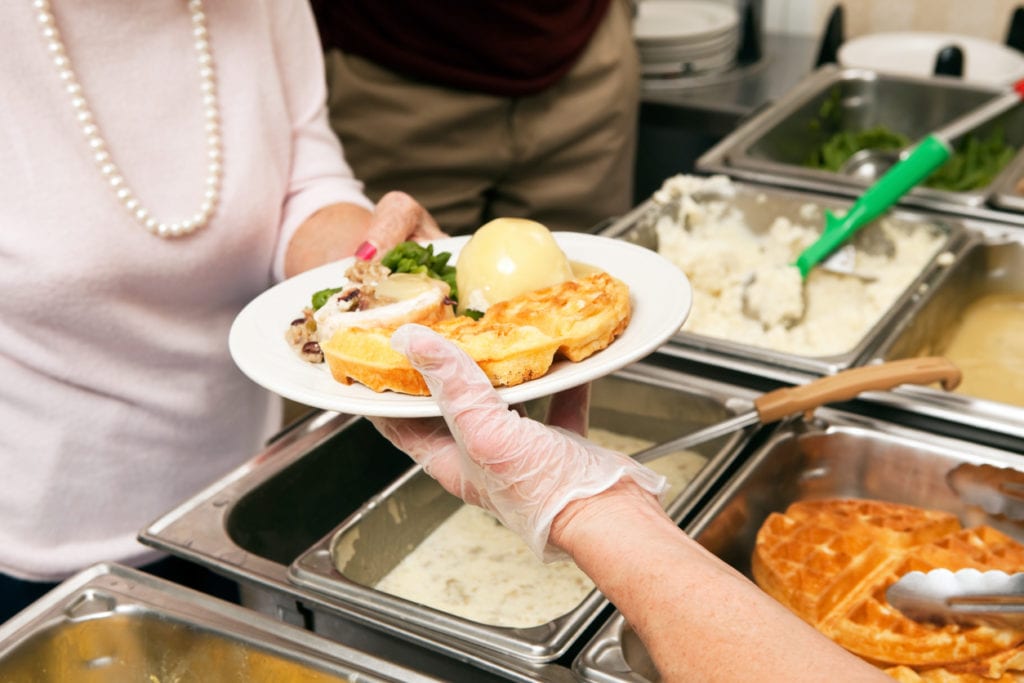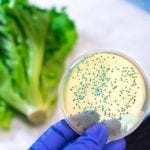Did you know that a foodborne outbreak could easily occur without the proper food safety protocols being followed? Unfortunately, foodborne illnesses are not rare or really that difficult to attain, which is why liability insurance for restaurants is so important. Are you taking the necessary steps to avoid falling victim to a potential outbreak? Securing a strong food safety program can significantly help reduce the risk of a foodborne illness outbreak at your restaurant.
Foodborne Illness and Restaurant Risk
Now is a great time to reevaluate your restaurant’s program and current processes to ensure successful risk mitigation, to consider areas of enhancement and to cultivate a culture of food safety and prevent an incident of foodborne illness. Food safety should be made a top priority in addition to food handling training and education.
Just one single outbreak can lead to a rise in negative media exposure, potential lawsuits, legal fees, and absentee staff. Plus, sales, reputation, and staff morale are likely to take a great hit.
Food safety is extremely vital for any restaurant business. It is your responsibility to ensure that the food you provide is safe for customers. The first step in protecting your restaurant from a food safety crisis is being aware of the common foodborne illnesses that can be easily prevented.
Common Types of Foodborne Illness
With adequate training and equipment, a kitchen staff is more likely to avoid these common foodborne illnesses.
Clostridium perfringens
This is the most common cause of food poisoning, as one million individuals become ill from these bacteria on an annual basis. Perfringens are normally found in the intestinal tract and are caused by raw meat and poultry. Perfringens are temperature sensitive and typically infects large batches of food or food that is drops below the recommended cold temperatures for over two hours. It is also extremely important to ensure that meat is always cooked to the proper temperature.
Hot food should be kept above 140 degrees and a food thermometer should be used often to accurately record temperatures. Also, cold food should remain below 40 degrees. Wireless temperature sensors can be placed in your fridge to remain aware of temperatures. Consider installing sensors that send alerts when the food cannot be checked manually.
Staphylococcus aureus
Aureus contaminates food if those that handle the food are not washing their hands frequently enough. Aureus grows on food and produces poisonous toxins that cannot be killed by heating. It can also be found in food that is not cooked before serving such as salads (especially mayo-based salad like potato and macaroni salads), sandwiches, puddings and pastries.
Encourage all kitchen staff to wash their hands frequently. Ensure that hand soap is always full at all the sinks and hand sanitizer is easily accessible in the food prep and cooking station.
Bacillus cereus
Like aureus, Bacillus cereus is a toxin-producing bacteria that can contaminate food and cannot be killed with heat, so growth prevention is crucial.
Cereus grows quickly at room temperature; therefore it is commonly found on food that has been left out too long such as rice, sauces and soups.
You can use a remote temperature-monitoring system to track food temperature and inform chefs how long food has been sitting at room temperature. Food should be refrigerated to 40 degrees or below within two hours. Remaining cognizant about these processes can reduce the likelihood of your customers suffering a foodborne illness.
About Bozzuto & Co. Insurance Services, Inc.
Bozzuto & Company Insurance Services has provided business and personal insurance solutions to clients throughout California since its founding in 1981. Our experienced staff understands the unique needs that each person has when insuring their lives and their businesses, and we pride ourselves on our deeply personal customer service. We are happy to help you through every step of the insurance selection process. Contact us today at (800) 400-6394 to learn more about what we can do for you.
FOLLOW US:



